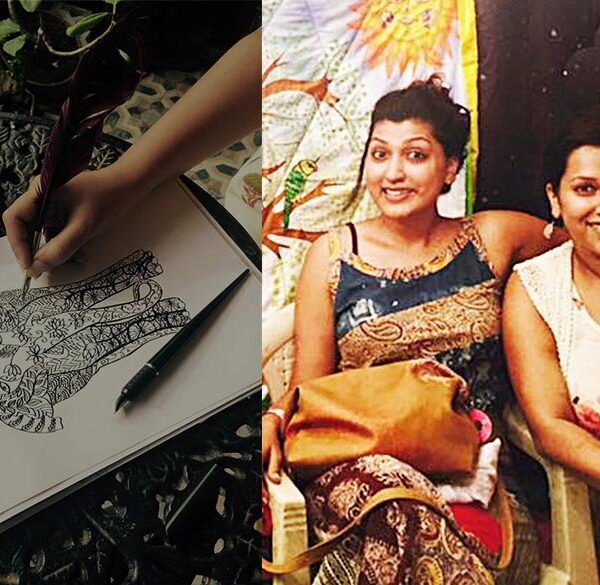Night time is considered the hour of terror in polite society.
“Don’t step out of the house at an ungodly hour of past 10 pm, take your brother with you in the evening even if you’re going to the corner shop, text me as soon as you reach home or don’t come back home from work so late.” These are some common accustomed phrases that have become as regular as hi and hello in our daily lives.
India functions on the tight leash of the patriarchy and in the wake of its ongoing appalling rape culture we endeavoured to find out how do women and men in India function and travel alone at night. We conducted a survey to observe and distinguish the psyche of men and women who travel alone for work or otherwise.
The data analysed from the survey is based on responses from 58% of women and 42% of men who enthusiastically took part in it.
The curfew hour
People say that girls are told to never stay out till the wee hours of the night. However, some might also add that even boys are told so! So to settle the argument once and for all, the stats we obtained through the survey revealed that 50% of male respondents do not have a time boundation when they are out at night, whereas only 23% of female respondents had the luxury of not being time-bound at night. 8.00 pm was the common curfew hour for the majority of the women, whereas 11.00 pm was the common curfew hour for men.
The gripping fear at night
The late hours of the night instil fear in everyone regardless of their gender but the foundational fear in men and women stem from very different tangents. And as our one of the male respondents said, “Crime does not see gender”, the survey revealed that 66% of the male respondents feel unsafe at night, whereas the landslide figure of 89% of the female respondents fear for their safety whilst travelling alone at night. The most common fear that grips the male respondents is the fear of getting robbed, kidnapped or carjacked. One of the male respondents jokingly said that “walking alone around street dogs” is also the source of his fear.
However, the most common fear that the female respondents share is that of sexual assault, rape, male gaze, public transport and brutal attacks. One of the female respondents said, “I get ‘stared at’ in a certain way at night, always. Although because I take precautions, things have not escalated beyond that, but there is always a delirium of fear. First, there is a lack of women in the public space and, second, so many incidents happen daily that it often feels like we have made a mistake of being women and staying out late at night. I am always extra careful after a certain hour and prefer to get most of my travelling done in daylight.”
The weapon of choice
To combat the terrors and vultures of the night, we asked the survey respondents their weapon of choice which they might carry to safeguard themselves. 55% of the male respondents said that they carry nothing with them, 17% said that they carry a sharp object and 15% said that they use the good-ole techniques of keys between the knuckles to hit any possible threat. On the other hand, 78% of the female respondents said that they don’t carry any weapon to safeguard themselves, whereas only 13% use any sharp object as their secret weapon. The myth and legend of pepper spray as the self-defence tool was only chosen by 2% of women and 8% of men.
Is it wise to not carry anything to protect oneself from the unknown dangers of the night?
The Call of distress
What do you do when you feel that someone is following you or trying to attack you? The most common instinctive reaction might be to either freeze with fear, yell for help or call someone who could provide immediate help. Since the atrocious rape cases have come to light, the government and authorities have released a few women helpline numbers that might help you. But what about helpline numbers for men?
48% of female survey respondents said that they call their family when they are feeling unsafe, whereas 33% of men said that they call the police when they feel unsafe. A meagre 5% of women contact women helpline numbers at the hour of distress.
Could the dwindling faith of female population in women helpline numbers be the indicator of the futility of such helplines by the government?
This survey gives us an insight into the psyche of men and women who travel alone at night. It is indeed true that crime sees no gender and it shows mercy to none. However, the type of crime women fear drastically differs from the fears of men. The most common fear that was expressed by women was sexual violence. This is a massive indicator of the ferocious rape culture in India.
Indian women live in a constant fear of being the next victim of sexual violence. Let that thought seep in your mind and then try to live a normal life.












